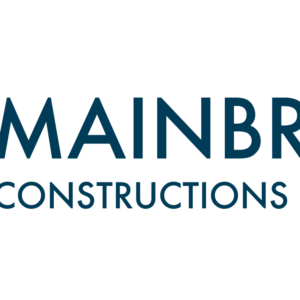In various industries, pumps are critical components for processes such as water transfer, chemical handling, dewatering, and irrigation. Companies and individuals often face the dilemma of whether to buy pumps or opt for submersible pumps rental for their projects.
Advantages of Renting Pumps
- Cost-Effectiveness for Short-Term Needs: Renting pumps is ideal for short-term or occasional projects. Purchasing a pump for a one-time job can lead to underutilised equipment and wasted investment. Renting allows you to pay only for the duration you use the pump, freeing up capital for other priorities.
- Access to Advanced Technology: Rental companies often stock the latest pump models with advanced features and high efficiency. By renting, you can benefit from the newest technology without the long-term commitment of ownership.
- Maintenance-Free Option: When you rent a pump, maintenance and repairs are typically the responsibility of the rental company. This eliminates additional costs for spare parts, regular servicing, and emergency repairs, saving you both time and money.
- Flexibility in Equipment Choice: Different projects often require different pump types. Renting allows you to choose from a wide range of pumps—such as centrifugal, diaphragm, or submersible pumps—tailored to your specific needs.
- No Long-Term Commitment: For businesses unsure of their future equipment requirements, renting offers a risk-free solution. Once the project is complete, you can return the pump without worrying about storage or resale value.
Disadvantages of Renting Pumps
- Higher Costs for Long-Term Use: Renting can become expensive if the equipment is needed over an extended period. Long-term rentals may end up costing more than the price of purchasing a pump outright.
- Limited Customisation: Rental pumps may not always be tailored to specific operational requirements. While rental companies provide a variety of models, you might not find one that fits perfectly with your project’s unique specifications.
- Dependency on Availability: During peak demand periods, the specific pump you need might not be readily available. This could lead to project delays and additional costs.
Advantages of Buying Pumps
- Long-Term Cost Efficiency: If your business requires frequent or ongoing pump usage, buying a pump can be more cost-effective than renting. The upfront investment can be recouped over time as you avoid recurring rental fees.
- Complete Ownership and Control: Ownership allows you to customise the pump to meet your specific requirements. You can also modify or upgrade the equipment as needed without restrictions from a rental agreement.
- Always Available: Owning a pump ensures it is always ready for use when needed. This is particularly crucial for industries where downtime can lead to significant financial losses.
- Resale Value: Pumps are durable and often retain a considerable portion of their value over time. If your business evolves and you no longer need the pump, selling it can recoup part of your initial investment.
- Tax Benefits: Owning capital equipment like pumps can come with tax advantages. Depreciation of the pump may be deductible, reducing your overall tax liability.
Disadvantages of Buying Pumps
- High Initial Investment: Purchasing a pump involves a significant upfront cost, which might strain the budgets of smaller businesses or startups.
- Ongoing Maintenance Costs: As an owner, you are responsible for the pump’s maintenance, repairs, and spare parts.
- Storage and Transport: Storing the pump when not in use can require additional space and security measures. Transporting it to various sites also involves logistical challenges and costs.
- Risk of Obsolescence: Technology in the pump industry evolves rapidly. Owning a pump means you might miss out on newer, more efficient models unless you’re willing to reinvest in an upgrade.
Parting Thoughts
Both renting and buying pumps have their distinct advantages and limitations. Submersible pump rental is an excellent choice for short-term projects, providing flexibility and minimising maintenance hassles. On the other hand, buying offers long-term cost savings and control, making it ideal for businesses with consistent pump requirements.


